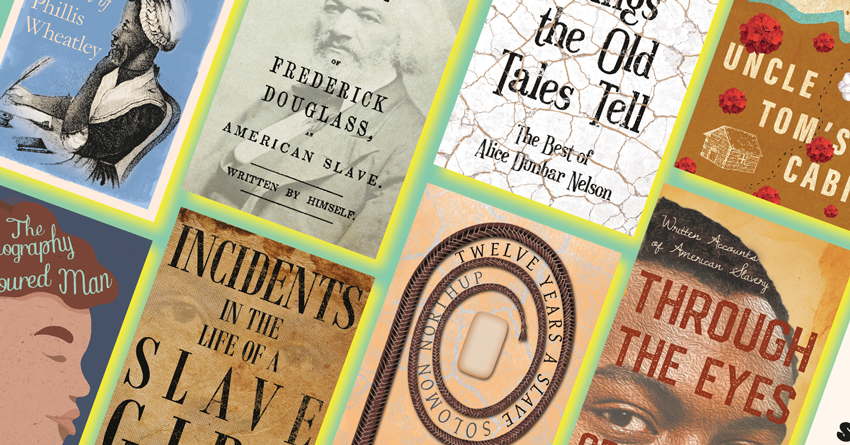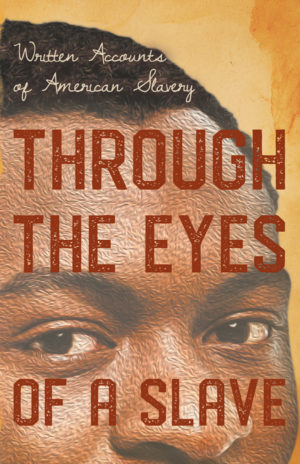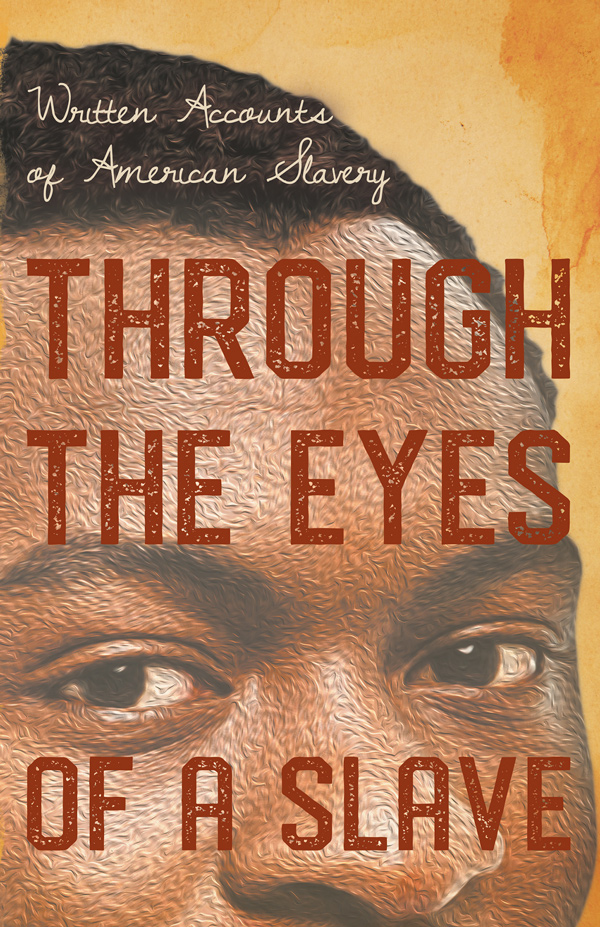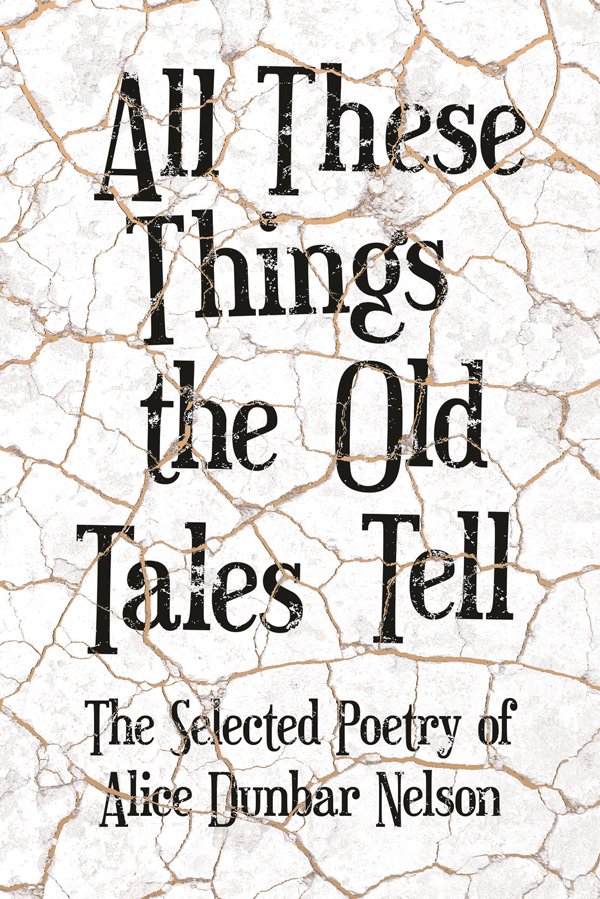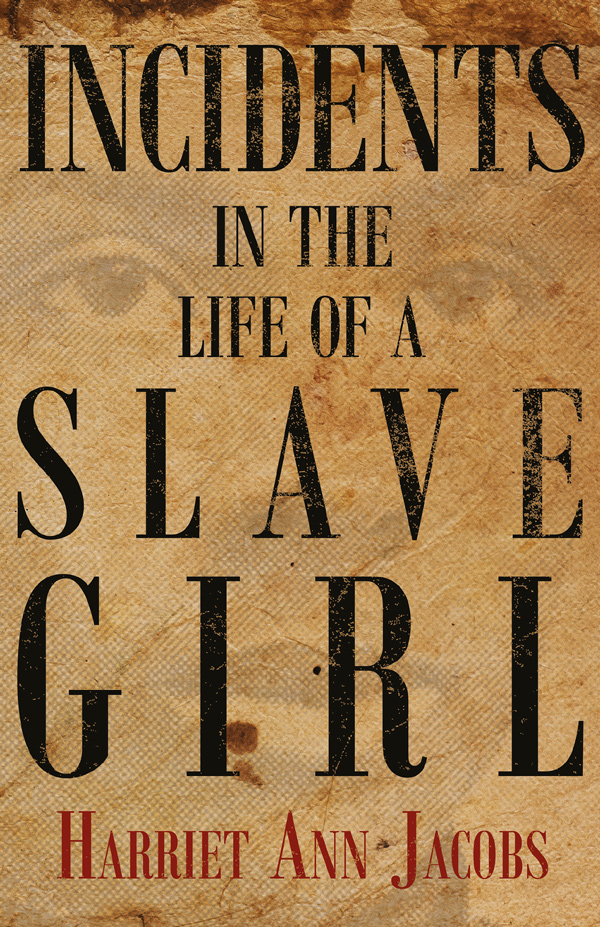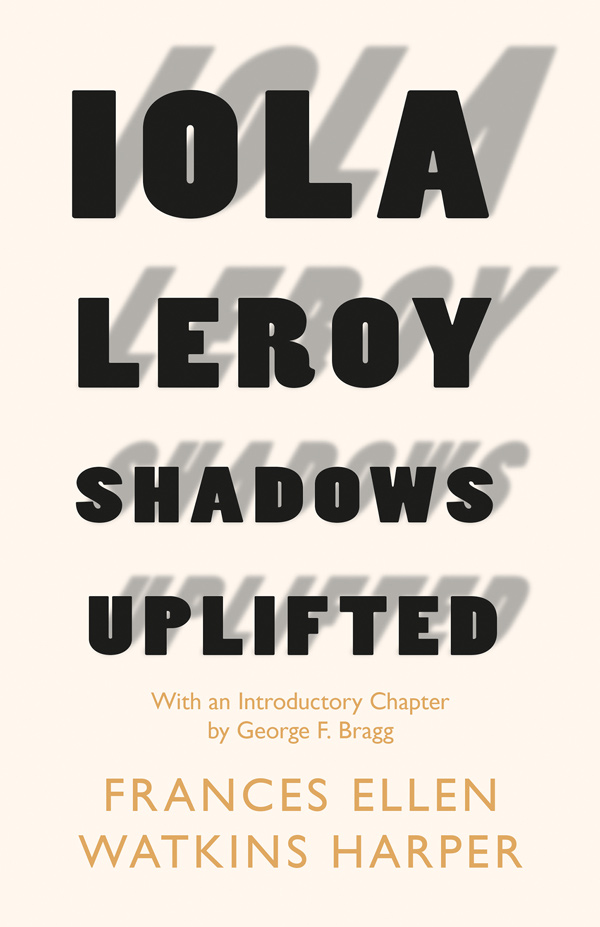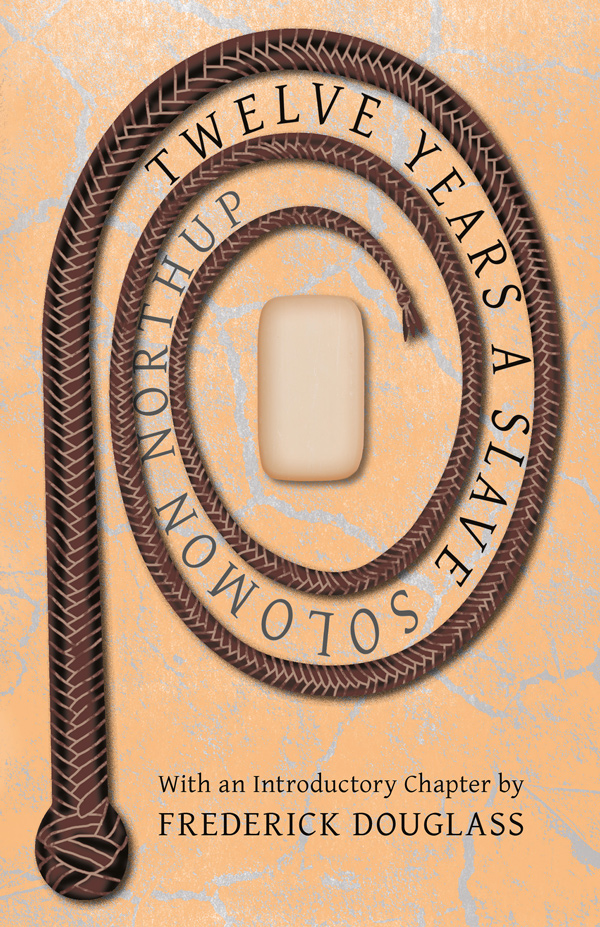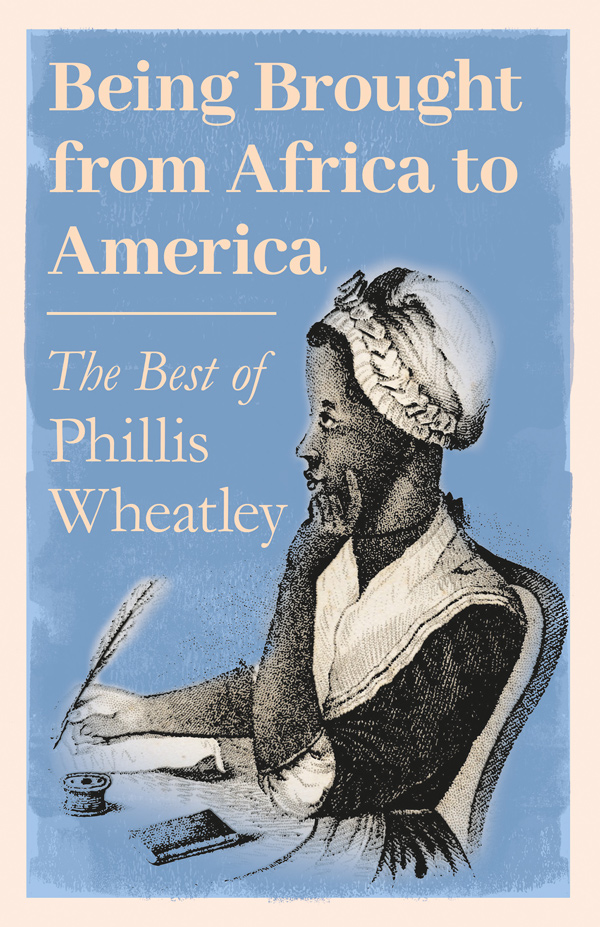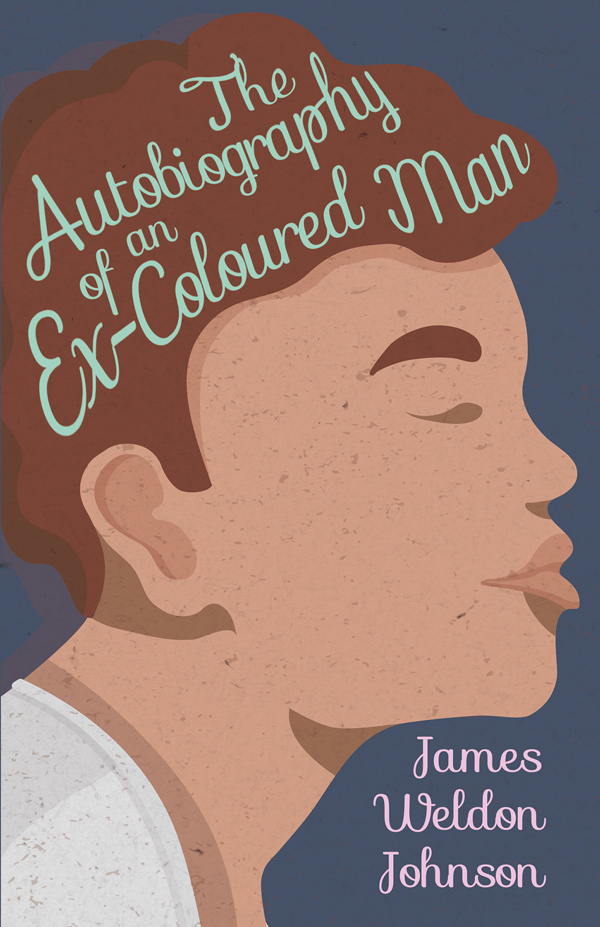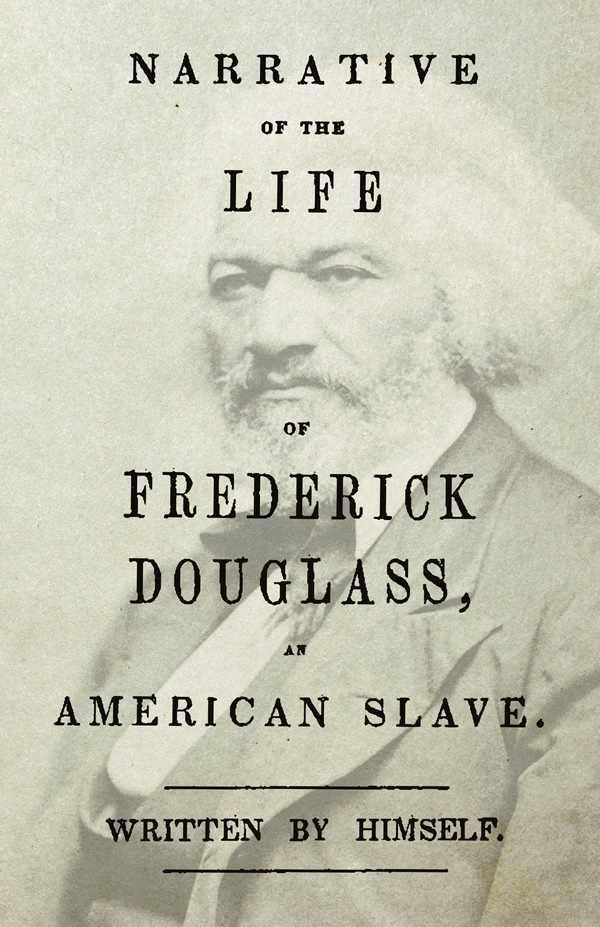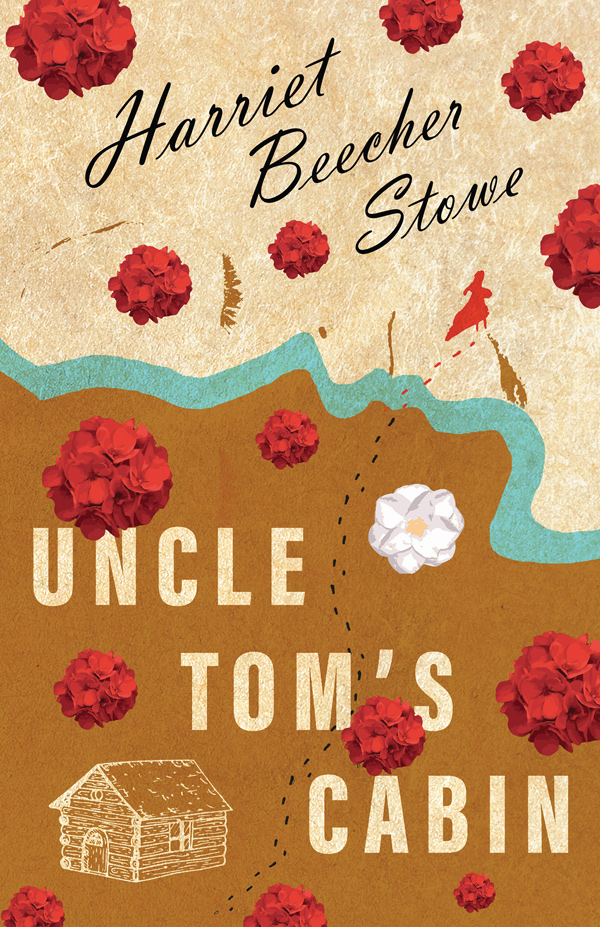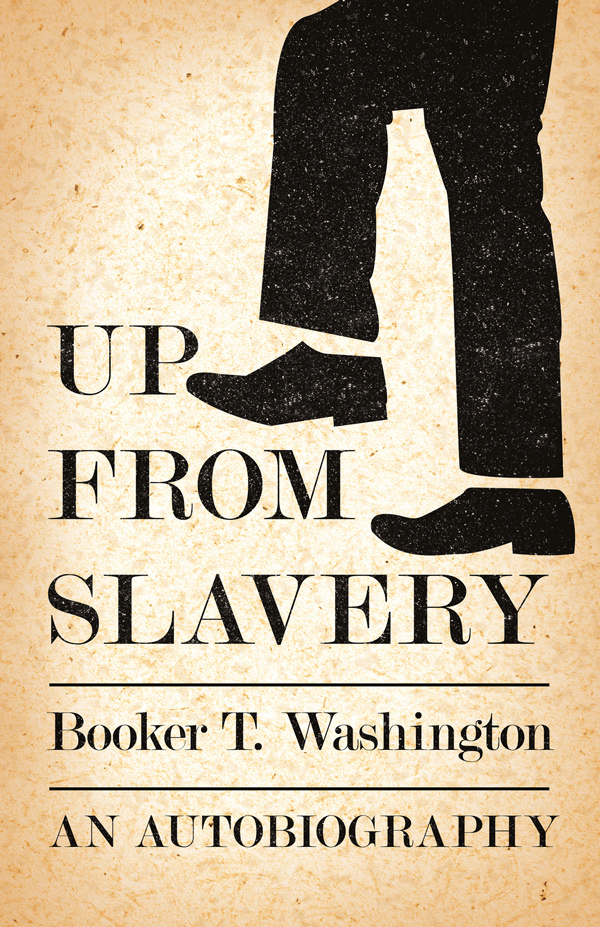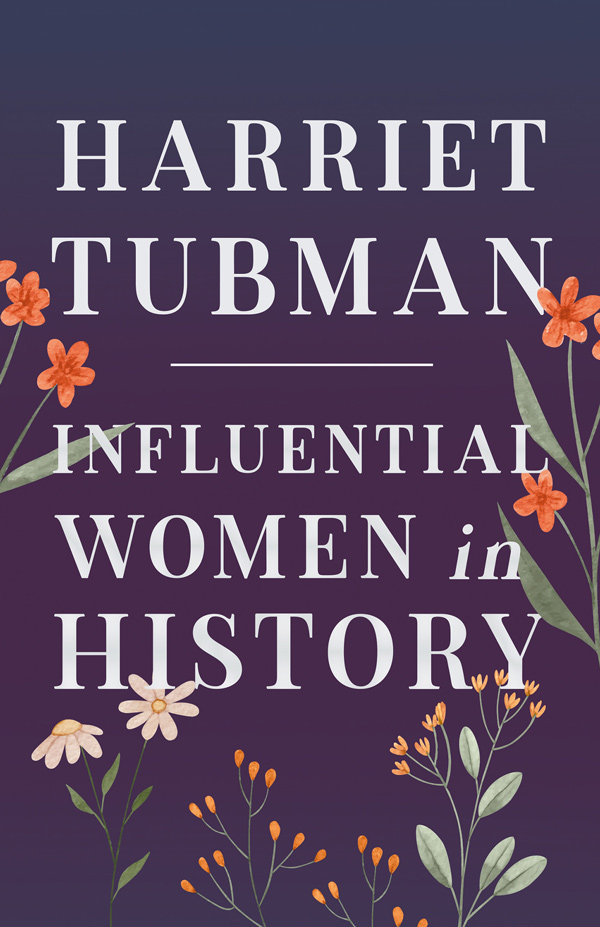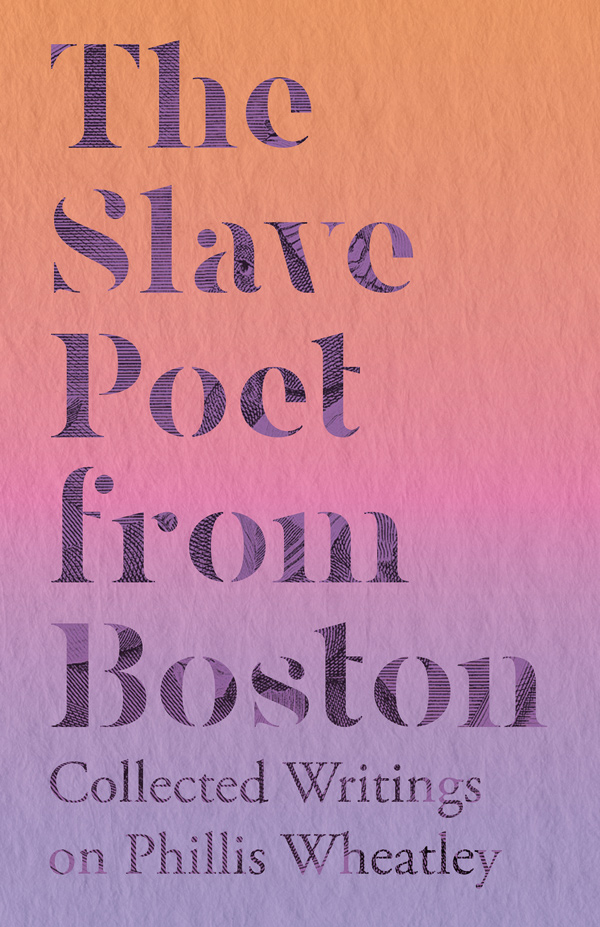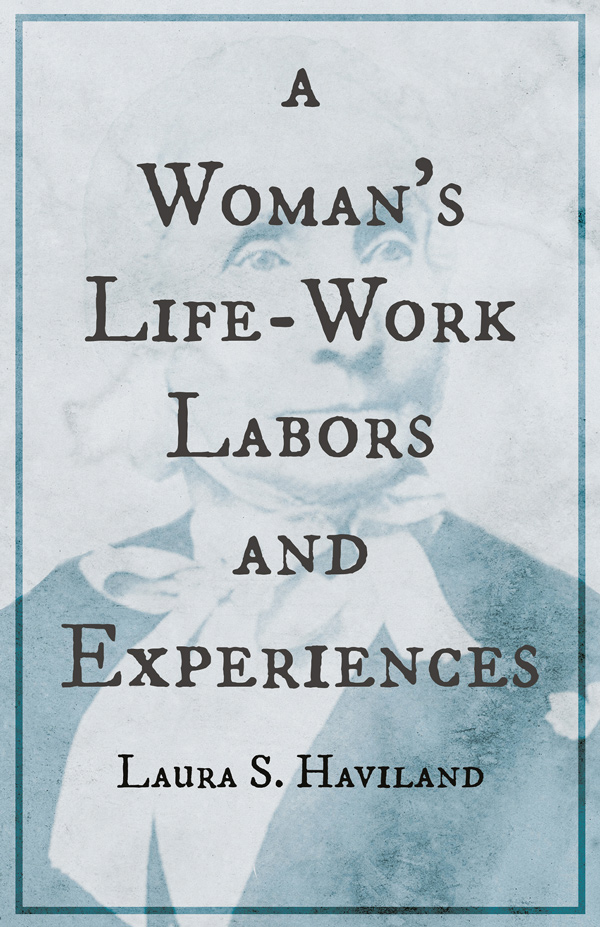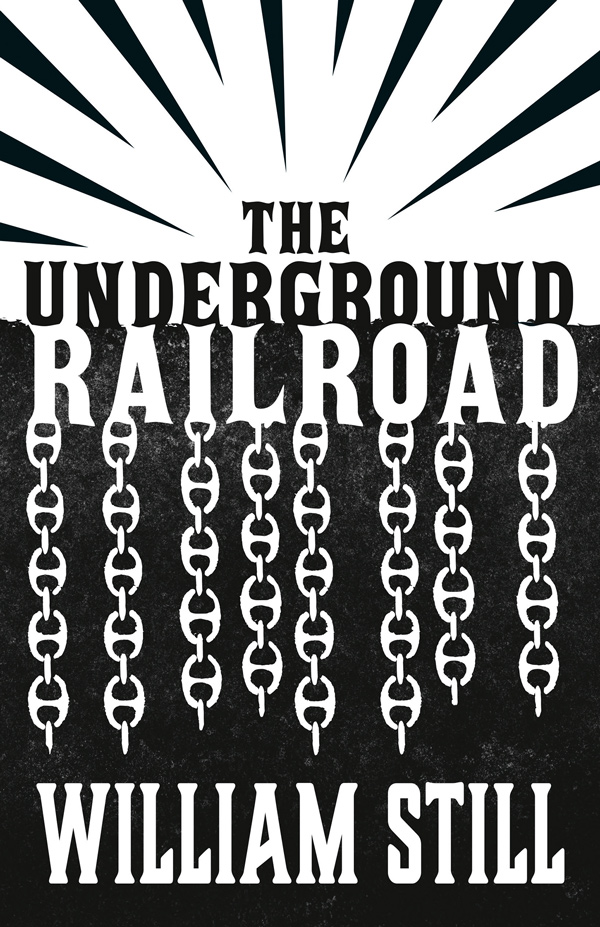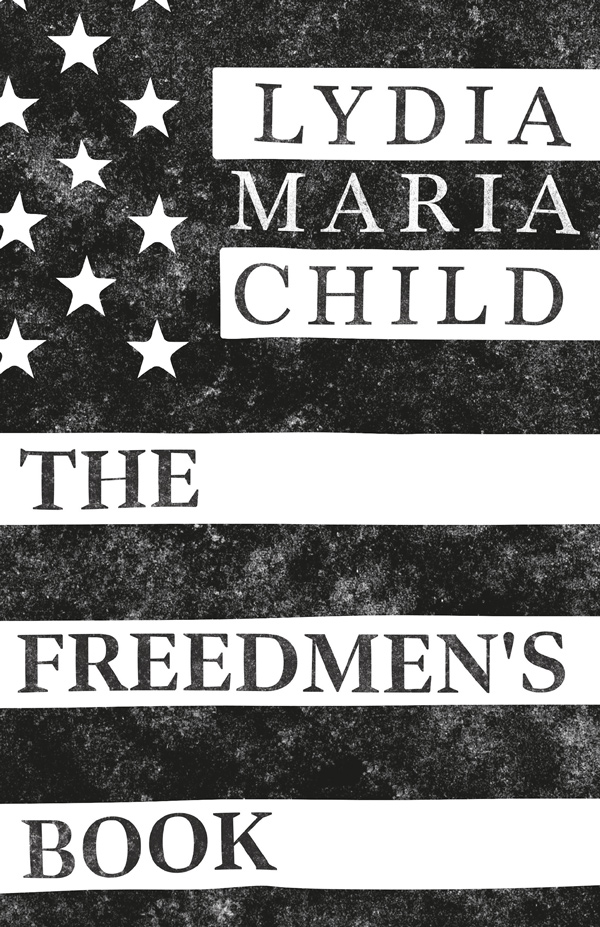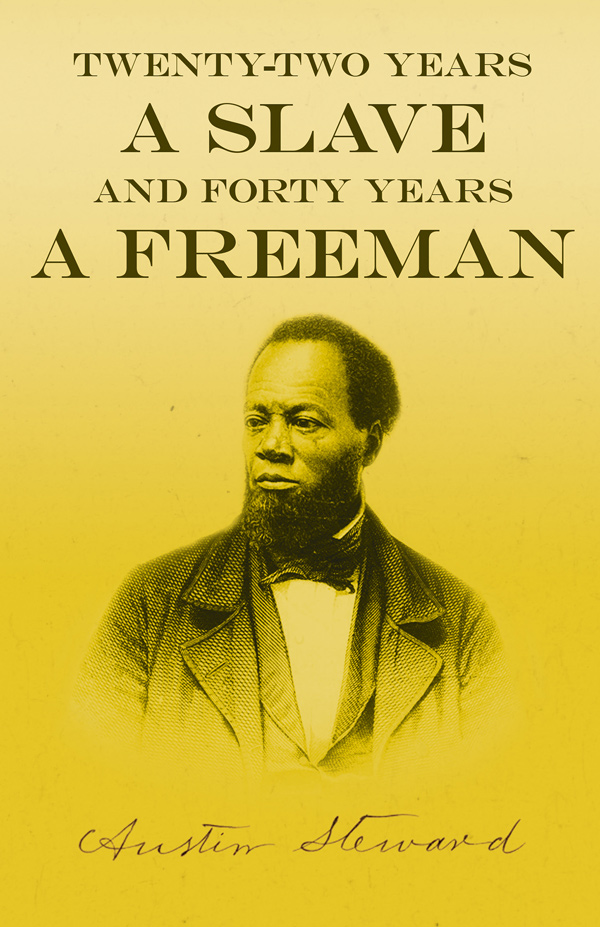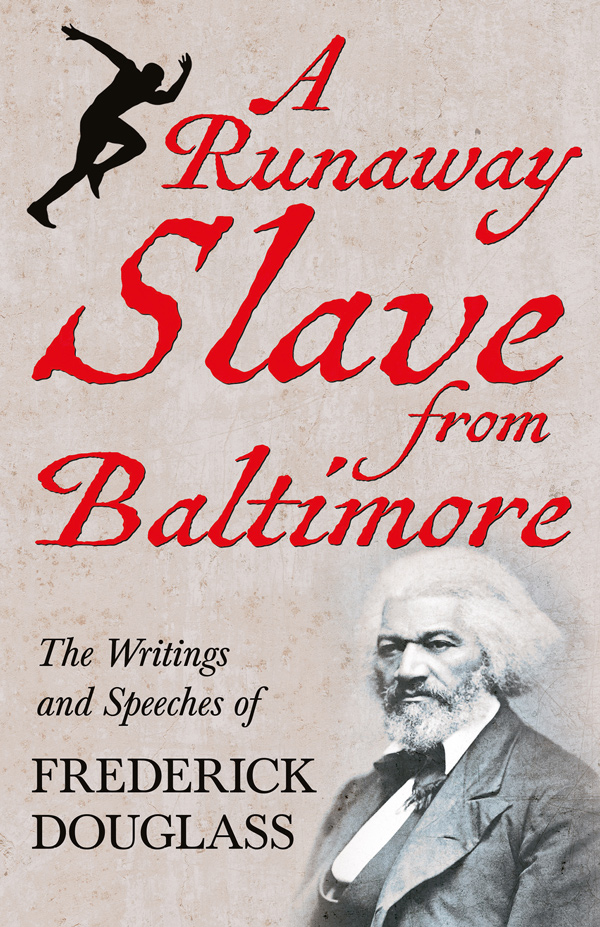Explore 10 classic books on slavery and the American slave trade to read for Black History Month and beyond.
This list includes poigniant slavery accounts, fictional tales, and collections of Black poetry, all based around the slavery narrative. Featuring famous works by Black authors Frederick Douglass, Harriet Ann Jacobs, Frances E. W. Harper, Solomon Northup, and more, they are considered the best books on slavery and will all make insightful additions to your reading list.
A carefully-selected collection of famous, influential and moving American slave narratives. These compelling, inspirational, and often harrowing real-life stories offer a unique insight into the travails of slave life in nineteenth-century America.
“‘Twas mercy brought me from my Pagan land,
Taught my benighted soul to understand
That there’s a God, that there’s a Saviour too:
Once I redemption neither sought nor knew.”
—Phillis Wheatley, ‘On Being Brought from Africa to America’
10 Classic Books on Slavery
This moving collection of famous, influential and moving American slave narratives includes Solomon Northup’s “Twelve Years a Slave”.
Featuring compelling, inspirational, and often harrowing real-life stories, Through the Eyes of a Slave offers a unique insight into the travails of slave life in nineteenth-century America, and are highly recommended for those with an interest in this dark chapter of American history.
Alice Dunbar Nelson was an American journalist, political activist, and poet. She belonged to the first generation of Black southerners born into freedom following the Civil War and gained acclaim for her poetry. This fantastic book contains a brand new collection of Nelson’s best and most famous poetry.
One of the most famous books written by a slave, this work chronicles Jacobs’ life as a female slave and documents how she attained freedom both for herself and for her children.
Within this volume Jacob’s explores the life of female slaves on plantations, the abuse and hardships that they had to endure, and their desperate efforts to protect their children.
“Whatever slavery might do to me, it could not shackle my children.”
—Harriet Ann Jacobs
Set to the backdrop of the Civil War, Frances Harper’s fictional story revolves around Iola Leroy, daughter of a wealthy slaveholder who emancipated and married a young slave called Marie after she nursed him through an illness.
The children’s African ancestry was hidden from then until the death of their father, after which point Marie and her children were once again legally considered slaves.
It was one of the first books to be written by an African American women and continues to be seen as a classic book on slavery.
Solomon Northup was born free to a freed slave and a free African American woman, he was a professional violinist, farmer and landowner until he was drugged and kidnapped by slavers in 1841. He was sold to a painter in New Orleans and remained in slavery for 12 years. He was emancipated on January 3, 1853, although his captors were never brought to justice.
In this classic book on slavery, Northup chronicles his harrowing experience as a slave in this historic memoir, which was adapted into the 2013 Oscar-winning film of the same name.
The Best of Phillis Wheatley
Phillis Wheatley was an American freed slave and poet who wrote the first book of poetry by an African-American. Sold into slavery in West Africa at the age of around seven, she was taken to North America where she served the Wheatley family of Boston. Her works garnered acclaim in both England and the colonies and she became the first African American to make a living as a poet.
This volume contains a collection of Wheatley’s best poetry, including the titular poem “Being Brought from Africa to America”.
James Weldon Johnson (1871–1938) was an American civil rights activist and writer. He led the National Association for the Advancement of Colored People and was the first African-American professor at New York University.
As a writer, Johnson was well-known in the Harlem Renaissance. In The Autobiography of an Ex-Colored Man, Johnson offers a fictional account of a biracial man living in America in the wake of the abolition of slavery who attempts to pass as a white man to ensure his safety and future prospects.
First published in 1845, this moving autobiographical treatise on abolition by Frederick Douglass (1818–1895), was one of the most influential works of literature published in the abolitionist movement in the Unites States.
A leading figure in the abolitionist movement, he fought for the end of slavery until the 1862 Emancipation Proclamation and continued to vehemently fight for human rights until his death. One of the most well-known slave narratives written in the period, it describes in detail his experiences of life as a slave.
Stowe’s classic fictional book revolves around the suffering and enslavement of its central character Uncle Tom, a Black slave.
The work depicts the shameful and harrowing experience of slavery from a Christian perspective, ultimately upholding the values of the religion as a means of overcoming the loss of humanity in the process.
Booker Taliaferro Washington (1856–1915) was an American author, orator, educator, and adviser to numerous U.S. Presidents. He belonged to the last generation of Black Americans born into slavery and became a prominent mouthpiece for ex-slaves and their descendants.
Up from Slavery is Washington’s 1901 autobiography, within which he recounts his astonishing journey from slave child during the Civil War to presidential advisor and leading political figure.

